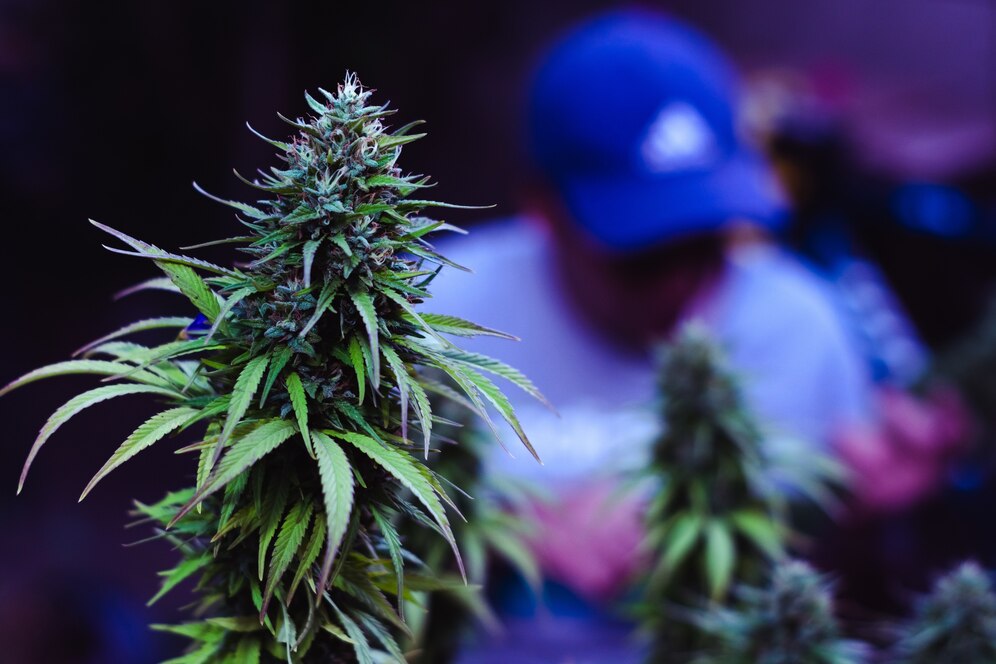
In recent years, CBD has surged in popularity for its potential health benefits and versatility. Behind every bottle of CBD oil or jar of CBD gummies, there is a robust supply chain ensuring quality and safety. This supply chain is managed by the CBD supplier, a critical player in the industry. But what exactly does a CBD supplier do? Let’s take a detailed look at the journey from the cultivation of CBD flowers to delivering the final product to consumers.
The Journey of CBD: From Farm to Customer
1. Cultivation of CBD Flowers
The journey begins with the cultivation of high-quality hemp plants. A CBD supplier often collaborates with experienced farmers who use sustainable practices to grow hemp. These farmers select specific strains of hemp known for their high CBD content and low THC levels, ensuring compliance with legal standards.
2. Harvesting and Drying
Once the hemp plants reach maturity, they are harvested. The flowers, which contain the highest concentration of CBD, are carefully dried and cured to preserve their cannabinoid profile. Proper drying techniques are crucial as they prevent mold and maintain the potency of the CBD.
3. Extraction Process
After drying, the next step is extraction. A CBD oil supplier uses various methods such as CO2 extraction, ethanol extraction, or oil infusion to separate CBD from the plant material. CO2 extraction is particularly favored for its ability to produce pure, high-quality CBD oil without residual solvents.
4. Refinement and Testing
Post-extraction, the raw CBD oil undergoes refinement processes to remove impurities and unwanted compounds. It’s then subjected to rigorous testing in third-party laboratories. These tests check for cannabinoid content, terpenes, heavy metals, pesticides, and other contaminants, ensuring that the product meets safety and quality standards.
5. Product Manufacturing
The refined CBD oil is then used to manufacture various products. A CBD product supplier offers a wide range of options including tinctures, capsules, edibles, topicals, and more. These products are crafted in certified facilities to maintain high standards of hygiene and consistency.
6. Bulk Sales and Distribution
For larger operations, a CBD wholesale supplier comes into play. They purchase products in bulk from manufacturers and distribute them to retailers. Wholesale suppliers help small businesses by providing them with access to high-quality products at competitive prices, enabling them to meet consumer demand effectively.
7. Retail and Online Sales
CBD products reach consumers through various channels. A CBD distributor plays a vital role in getting products onto the shelves of physical stores and listed on e-commerce platforms. Companies like thecbdwholesaler specialize in distributing a wide range of CBD products, ensuring that retailers have a consistent supply.
8. Ensuring Security and Compliance
Throughout the entire supply chain, maintaining security and compliance is paramount. A reputable CBD supplier ensures that all products are traceable from seed to sale. They comply with local and federal regulations, often providing documentation and certificates of analysis (COAs) to verify the quality and legality of their products.
Direct-to-Consumer Sales and Delivery
For consumers purchasing CBD products online, security and reliability are crucial. Reputable suppliers ensure that products are securely packaged and shipped directly to the consumer’s door. They utilize discreet packaging and offer tracking services to guarantee that orders are delivered safely and on time.
Conclusion
The role of a CBD supplier encompasses much more than just selling products. It involves a meticulous process of cultivation, extraction, testing, manufacturing, and distribution, all while ensuring compliance and safety. Whether you’re looking for a CBD oil supplier, a CBD product supplier, or a CBD wholesale supplier, understanding this comprehensive journey helps in appreciating the efforts behind bringing high-quality CBD products to the market. Companies like thecbdwholesaler exemplify the dedication required to maintain this complex supply chain, ensuring that consumers receive only the best products for their needs.
